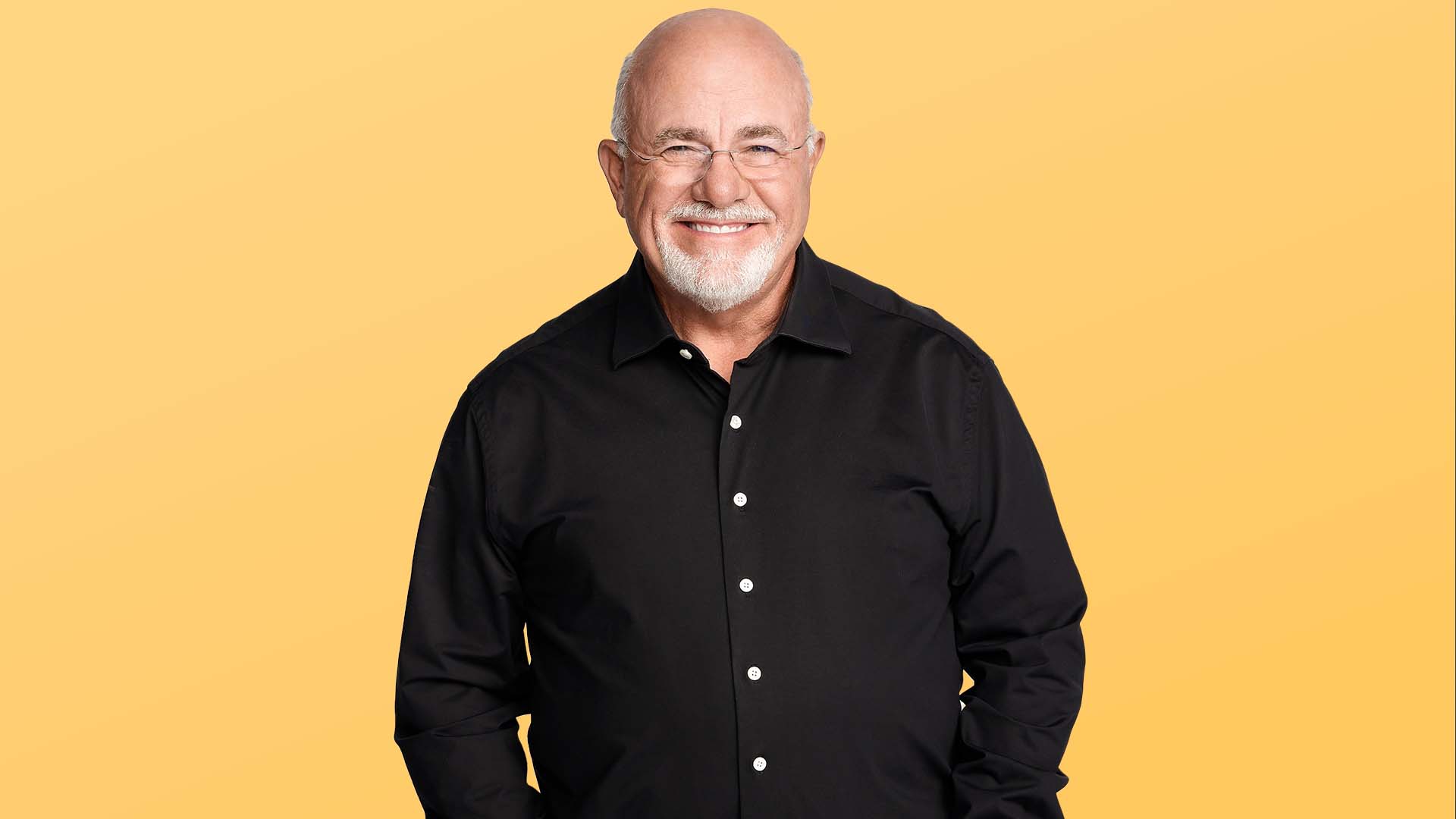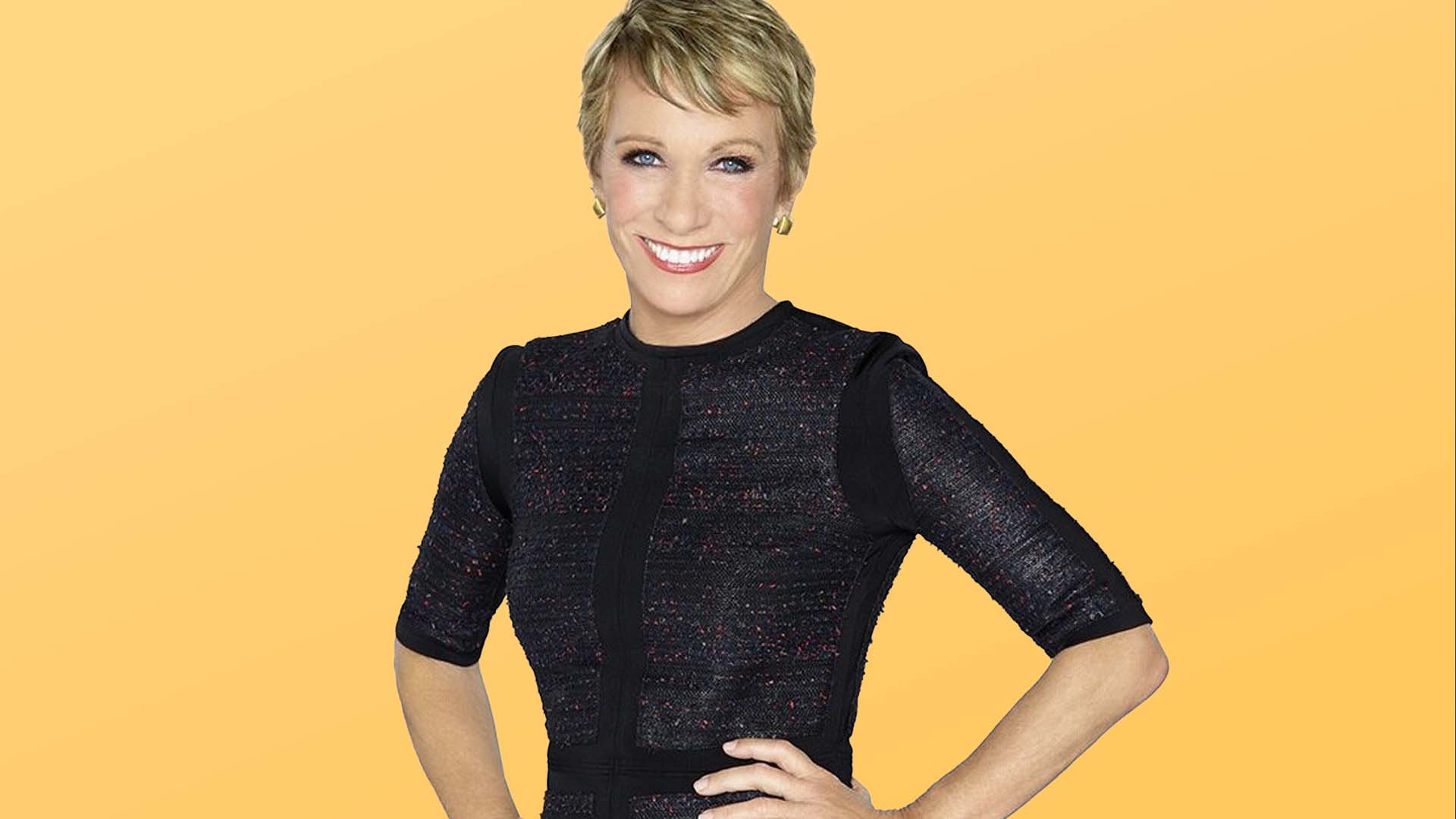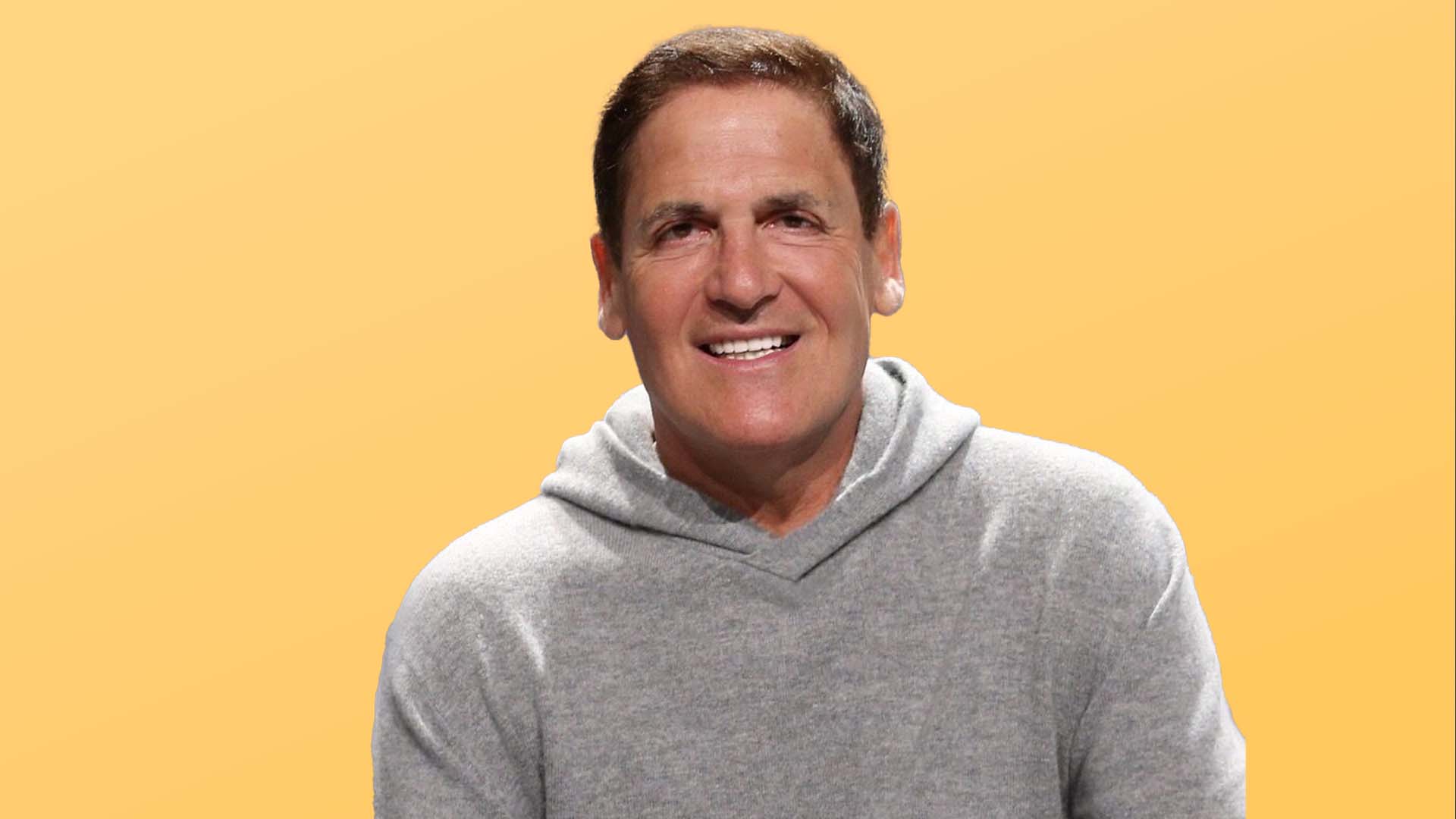10 Times Dave Ramsey and Suze Orman Gave Totally Different Money Advice

Commitment to Our Readers
GOBankingRates' editorial team is committed to bringing you unbiased reviews and information. We use data-driven methodologies to evaluate financial products and services - our reviews and ratings are not influenced by advertisers. You can read more about our editorial guidelines and our products and services review methodology.

20 Years
Helping You Live Richer

Reviewed
by Experts

Trusted by
Millions of Readers
Money. Love it, hate it or stress over it, it’s part of life. Two names always come up when figuring out how to handle it: Dave Ramsey and Suze Orman. Their approaches could not be more different. Ramsey focuses on discipline, structure and momentum. Orman emphasizes security, flexibility and long-term planning.
The following 10 examples show how differently they handle everything from debt to investing, making it easier to see which approach fits a life and financial goals.
Emergency Fund Basics
Dave Ramsey calls his plan The 7 Baby Steps, and it starts with saving a small fund of $1,000 — enough to handle small emergencies without derailing debt repayment and to keep momentum going. No borrowing, no panic, just a safety net for life’s little tantrums.
In an article for Oprah.com, Suze Orman suggests nine small financial steps that will pay off in big ways (not to be confused with her nine steps to financial freedom). She advises a much bigger emergency fund, slowly built up a little bit at a time until it equals eight months’ expenses. A bigger cushion gives peace of mind and protection against big shocks like job loss, medical bills or a surprise weekend treat that counts as self-care.
Debt Repayment Strategies
Ramsey is all about small victories. The “Debt Snowball” pays off the tiniest debts first, building momentum and giving little financial high-fives along the way.
Orman prefers the “Debt Avalanche,” attacking debts with the highest interest rates first to save money long term. It is less instantly gratifying but smarter for keeping more cash in the pocket.
Credit Card Use
Ramsey says credit cards are trouble. Stick to cash or debit and keep spending under control. No drama, no interest charges, no surprises.
Orman sees the upside. While she shares Ramsey’s preference for debit cards, she knows that, used wisely, credit cards can build credit history, offer perks and provide a safety net. Pay the balance in full every month to enjoy rewards without debt stress.
Investing Approaches
Ramsey keeps it simple: Invest 15% of income in a retirement account such as a 401(k) or Roth IRA, mostly through mutual funds. Steady growth, no fuss.
Orman encourages spreading investments across stocks, bonds and real estate, matching personal risk and goals. It requires more attention but offers flexibility and potential rewards.
Homeownership Philosophy
Ramsey sees paying off a mortgage early as a key step toward financial freedom. A mortgage is a big weight on the shoulders, and getting rid of it can ease a lot of financial stress while also reducing the total interest.
Orman agrees about the savings in paying off a mortgage early, but also advises thinking about what else could be done with the money. Could it be invested for a better return? Rather than a blanket return, she feels the right answer differs for everyone’s personal case, especially when the cost of refinancing factors in.
Retirement Planning
Ramsey’s rule: Save a bit, invest a bit, start early. Simple, disciplined and focused on long-term growth.
Orman takes a broader view. Consider lifestyle, healthcare and long-term needs. It is about making the future secure and comfortable, not just putting money away.
Insurance Recommendations
Ramsey keeps insurance simple: Term life covers enough without complexity or high costs. It protects the people who depend on you.
Orman agrees but advises reviewing coverage as life changes. New kids, a mortgage or career moves may call for tweaks. Stay ahead and keep insurance aligned with current needs.
Financial Priorities
Ramsey puts debt first. Being debt free is the foundation for wealth and peace of mind.
Orman promotes balance. Pay off debt while saving and investing too. Build security on multiple fronts instead of focusing only on debt.
Couples and Money
Ramsey says tackle money together. Joint budgeting and open communication keep both partners on the same page for long-term success.
Orman agrees but stresses that both partners must be informed and involved. Even if one partner loves money matters and the other can’t stand it, she emphasizes equal attention to finances before big decisions come up. Regular conversations prevent misunderstandings and money fights.
Building Wealth
Ramsey champions discipline and frugality. Avoid get-rich-quick schemes and focus on steady saving and wise spending.
Orman encourages smart choices based on personal goals and values. Wealth-building should fit the individual and be guided by thoughtful decisions, not rigid rules.
 Written by
Written by  Edited by
Edited by 










































































































